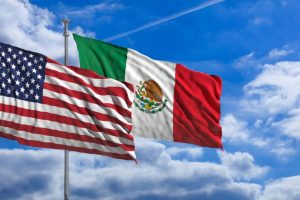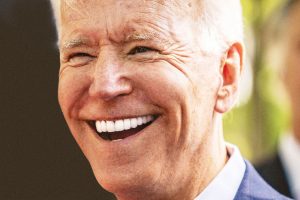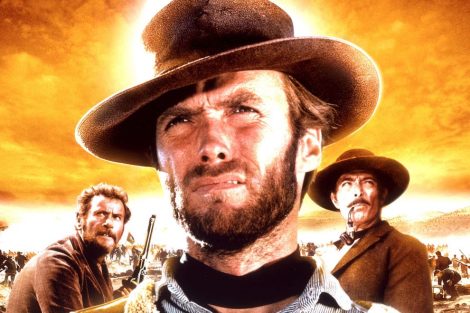Economically, Hispanics are a gold mine. Demographically, they represent the future of America. And politically?… That’s the $64,000 question.
Within the politically correctness and academic language, not long ago –October 2013–, the Pew Research Center released a study documenting that “Hispanics Say Their Community Needs a Leader… Most Latinos Cannot Name One”.
In plain English, it could be just said: they have no leaders.
The causes are many and complex. A very large segment of this community and from very young age, follow the typical, traditional life model of first generation immigrants (work, work and only work), which they bring from their original homelands, to Their new home.
The fact is that among the 55 million Hispanics living in the United States, who represent the most dynamic sector of the national economy (with a purchase power of $ 1.5 trillion dollars annually), its political clout is one of its weakest points.
And may be enough to bring to the table the case of journalist Jorge Ramos. Beside music stars, entertainers or exceptional athletes, probably the main anchor of Univision is the best-known and recognized Hispano around the country. His recent decision to confront the businessman and Republican presidential candidate Donald Trump made him an even more famous figure.
Of course for Ramos notoriety and ratings, is not a problem. But the very fact that a journalist is the most visible face of a community could be consider a major challenge for a social group that in a relatively short time will become one third of the total population of this country.
Much more problematic is the enormous weight that political figures of Cuban descend within and at the top of the political establishment. Representing less than 4 percent of all Hispanics, this community has two candidates running for The White House. Both Senators Marco Rubio (Florida), and Ted Cruz (Texas) are proud products of the Tea Party push, the militant segment Republican Party that has distinguished itself for its anti-immigration positions and opposition to minorities.
For decades, the “Miami style” (with all it’s G.O.P. spin) has been a dominant force within Latino politics, despite the fact that traditionally two-thirds to three-quarters of Latino voters have supported Democratic candidates. And despite the ethnic makeup that shows that Mexican-Americans constitute around two thirds of all Hispanic demographic.
Within the Democratic Party, for long the presence of Hispanic legislators have also been rather insignificant. For many years their weight in the House of Representatives was roughly only half of African-American caucus, although both communities were approximately the same size in population.
Of course that there are Latinos involved in American politics. Like Antonio Villaraigosa, Bill Richardson, Henry Cisneros, Congressman Luis Gutierrez, and some more. However, it is clear that there is room and need for many more.
With a community whose average age is 19 years old, no doubt many more leaders will arise with time. It is no coincidence that today there are more Hispanics entering college than any other group in this country.
However, it is also clear that in the political field this huge and valuable community should open new spaces and overcome many barriers to success. Now that over 15 million may go and decide who the next U.S. President will be, their option in the poll booth should not necessarily be, either a super female candidate with a long history of extreme pragmatism in which Hispanics never have been a priority, or much less, of course, two Hispanic senators with clear anti-immigrant positions, or Mr. Donald, the one with crazy hair that promise to deport them all and build the “great-great wall” to keep all their roots, and culture away.










